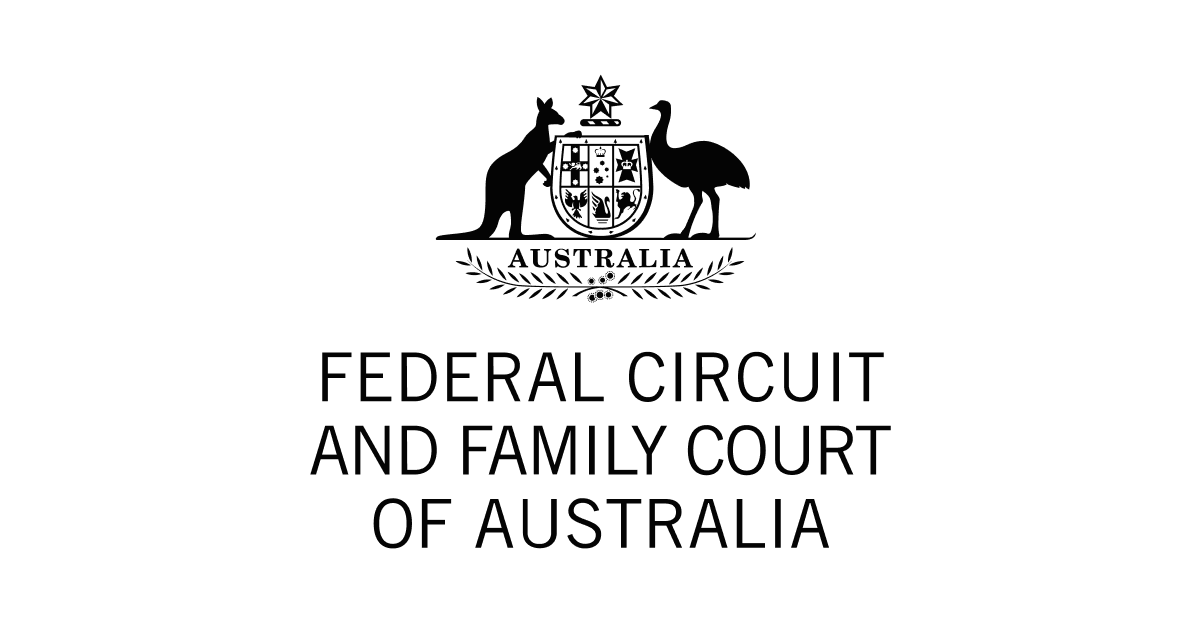An undefended Hearing is a hearing that proceeds as if it were undefended by the Respondent, for example, if a Respondent has failed to attend court, failed to file response documents or otherwise failed to comply with a rule or an order of the Court.
At an Undefended Hearing, the Court may make orders set out in the application on being satisfied by evidence that the orders are just and equitable (property matters) or in the child’s best interests (parenting matters).
When a party fails to participate in court proceedings, the Court can make orders that the matter be listed for an Undefended Hearing.
The most common reason that a matter is listed for an undefended hearing is when the Respondent fails to attend court and/or file response documents. However, there are a variety of reasons the Court may list the matter for an Undefended Hearing.
Powers of the Court where a party fails to comply with Orders / Rules of the Court
Under Rule 1.33 of the Family Law Rules, if a party to a proceedings does not comply with the Family Law Act, the Family Law Rules or an order of the Court, the Court may:
- Dismiss all or part of the proceeding;
- set aside a step taken or an order made;
- determine the proceeding as if it were undefended;
- order costs;
- prohibit the party from taking a further step in the proceeding until the occurence of a specified event;
- make any other order the court considers necessary having regard to the overarching purpose of the rules.
If a step is taken after the time specified for taking it, the step is of no effect.
Rule 10.27 similarly says that where a Respondent is in default, the Court may:
- order that a step be taken in the proceeding within the time limited in the order;
- give judgement or make any other order against the Respondent;
- make an order / give judgement, to take effect if the Respondent does not take a step ordered by the Court in the proceedings in the time limited in the order.
When is a party in default and at risk of the Court listing the matter for Undefended Hearing?
Under Rule 10.26 of the Family Law Rules, a Respondent is in default when the Respondent fails to:
- Give an address for service before the time for the respondent to give an address has expired;
- file a response before the time for the respondent to file a response has expired;
- comply with an order of the court;
- file and serve a document required by the Rules;
- produce a disclosure document as required under Division 6.2.2;
- do any act required by the Rules;
- defend the proceeding with due diligence /prosecute with due diligence any application the respondent has made.
The Court can’t force a party to participate in litigation but the Court must ensure that each party has an adequate opportunity to be heard. Accordingly, before the Court will list the matter for an Undefended Hearing, the Court must be satisfied that the Respondent has had an opportunity to be heard. This may mean the Court gives the Respondent a few chances if for example, they fail to attend Court on one occasion or if they fail to comply with orders for the filing of response material.
In our experience, it depends on which Registrar you are before as to their willingness to list the matter for an Undefended Hearing. Some Registrars will give more leeway than others do. The amount of leeway given will depend on the individual circumstances of the case, and more leeway may sometimes be given where a party is not legally represented.
If an Undefended Hearing is listed, the Court has discretion in respect to the involvement of the Respondent who is in default, in the Undefended Hearing.
For example, we have been involved in a matter where the Respondent Father failed to file a response after several orders were made requiring him to do so, but after missing a couple of court dates, he attended each court date thereafter, including when the matter was listed for an Undefended Hearing. In these circumstances, the Respondent was given the opportunity to attend the Undefended Hearing and to be heard orally in relation to the orders being sought by the Applicant Mother and the ICL.
Undefended Hearing – how does it work?
At an Undefended Hearing, the Court will rely upon the material before it, including the Applicant’s documents, and any independent evidence, such as the Family Report (if applicable), subpoena documents and the like.
The Court will not rely upon any material filed by the Respondent in default, at an Undefended Hearing.
An undefended hearing will normally proceed by submissions only i.e. without cross examination. However, this is not always the case. Sometimes cross-examination will be necessary in order for the Judge/Registrar to be satisfied so as to make orders in line with what the Applicant seeks.
An applicant who seeks judgement on an undefended basis is not automatically entitled to the orders he or she seeks because the Respondent failed to participate in the proceedings.
The Court must still decide on the evidence before it whether the orders sought by the applicant are appropriate in the circumstances of the case.
In parenting matters, the Court will make the orders that are in the best interests of the children.
In property matters, the Court must be satisfied that the orders are just and equitable.
Contact us
If you have any questions in relation to the above matters, please do not hesitate to get in contact with us and book a reduced rate consultation with one of our experienced family law experts, to discuss your individual circumstances.


